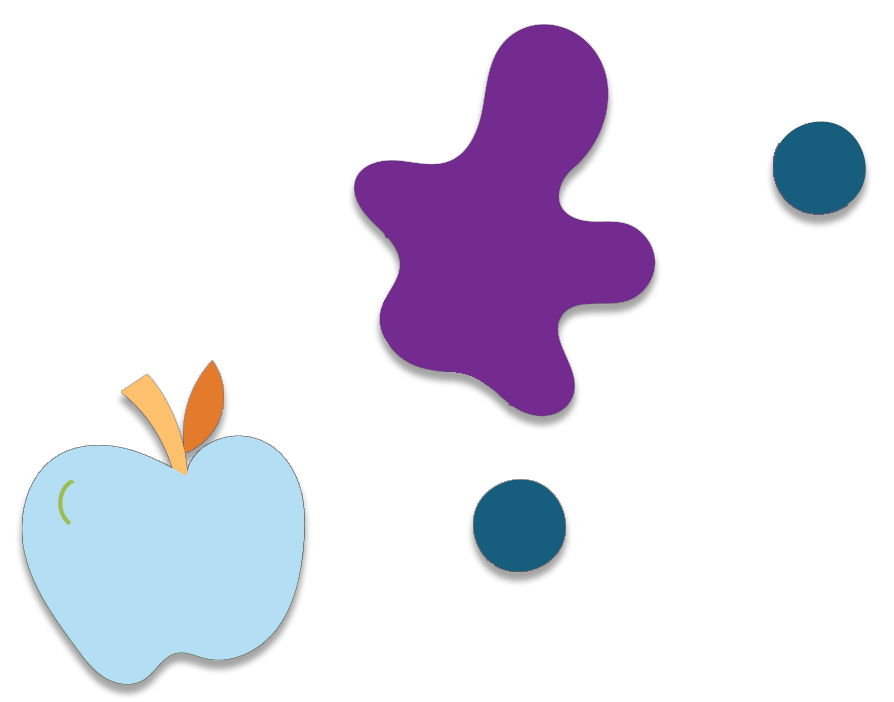Power of Play: Communication
At Minnesota Children’s Museum, we believe in the power of play. Play is how children explore the world around them, navigate relationships, nurture curiosity and find joy. This post is part of a series showcasing seven powers of play: confidence, creative thinking, critical thinking, self-control, collaboration, communication and coordination.

What it is:
Communication is how a child expresses thoughts and ideas, listens and responds to others, and engages in discussion.


What it looks like in action:
Kids who are strong communicators share their ideas clearly and can usually find more than one way to explain what they mean. They find their words with relative ease and express what they’re thinking, feeling and what they need. When something is bothering them, they don’t withdraw or act out; rather, they name it. Strong communicators listen carefully to others. They follow conversations and take part in discussions.
Why it matters:
Communication is how kids express who they are and what they need. It’s how they understand others’ needs and begin to build relationships. Without strong communication skills, kids can feel lonely, isolated and angry. Their dependance on others can sap them of confidence. But when communication is a strength, kids feel seen and heard. They become leaders and teammates in pursuit of agreed-upon goals. They thrive in community with others.
How play helps:
Kids at play often start with an idea and allow it to evolve and grow. As that happens, they need to communicate with their playmates about what’s happening and why. They may disagree about a next step, giving them the opportunity to persuade each other and understand each other’s needs and ideas. When kids play imaginatively, communication is key to painting the imaginary world around them. And throughout play kids are given opportunities to express a range of feelings such as frustration, boredom, anticipation, excitement and joy.


At home or on the go, caregivers can enhance children’s communication skills by:
- Talking, reading and singing!
- Sharing your feelings and needs aloud and giving kids space to do the same.
- Using new and unexpected words and then talking about what they mean.
- Asking open-ended questions that require more than a “yes” or “no” answer.
- Sparking conversations: “Tell me about a time when…” or “How did you feel when…” or “What if…”
Play prompts & activities to support communication:
- Create a shadow show
- Make a time capsule or interview family members about their history
- Practice conversation skills in fun ways
- Read read read!

Powers of Play
Coordination
Power of Play: Coordination is a child’s awareness and control of their body and their ability to display strength, balance, precision and endurance.
Creative Thinking
Power of Play: Creative thinking is a kid’s ability to imagine, improvise, reinvent, innovate, and approach challenges from fresh perspectives.
(Self) Control
Power of Play: Self-control is a child’s ability to control how they express their feelings, desires and actions in ways that are safe and productive, particularly when faced with a temptation or a challenge.
Collaboration
Power of Play: Collaboration is how kids connect with others, cooperate, empathize and engage in teamwork.
Critical Thinking
Power of Play: Critical thinking is a child’s ability to be curious and analytical, to evaluate different options, to make plans and to reflect.
Confidence
Power of Play: Confidence is a kid’s belief that they can accomplish something, or attempt something, based on their own abilities and mindset.
